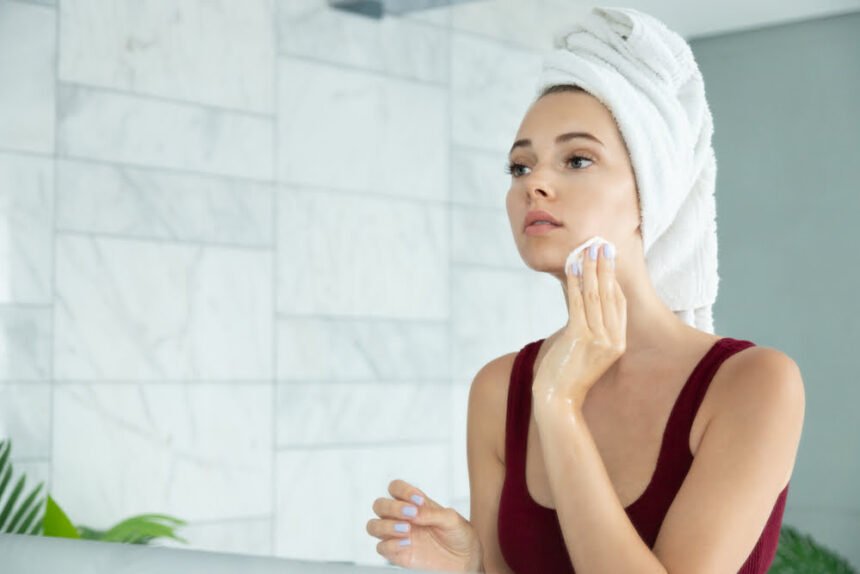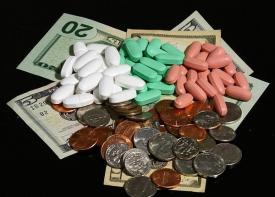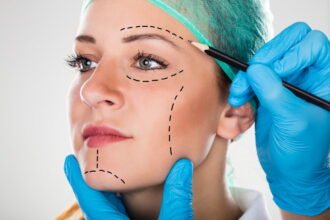Acne is a common skin condition that most people will experience in their pubescent years, although it can still be an issue for some who are well into adulthood. As normal as it is to get, it can be quite tricky to get rid of. However, with the correct application of several beneficial tips, your skin can get the help it needs to steer clear of pimples and similar issues.
Your skin is a delicate organ that’s sensitive to your environment and requires daily care to stay healthy. For that purpose, you have to focus on preventing inflammation, excess oil, and dryness.
Here are some of the methods you can use to get rid of acne:
1. Try Blue Light Therapy
If you’ve been struggling with numerous acne solutions that deliver subpar results, then you may consider going for blue light treatment instead. This involves the use of phototherapy or light to kill the bacteria that causes acne. The infrared light technology that the device utilizes can reduce the size of oil glands as well. Furthermore, it’s a noninvasive procedure that has nothing to do with ultraviolet (UV) light, so it’s a safe and convenient option.
Blue light therapy is still undergoing developments as an alternative to harsher treatments that may lead to inflammation. That’s why you should only have it done by a certified dermatologist. But if you’re still on the fence going for this method, here’s a great post to read about the benefits of blue light therapy.
2. Consider Using Skin Exfoliants
One of the most ideal ways to combat acne is by taking advantage of various skincare products, mainly exfoliant acids. Two exfoliant acids that are effective in treating acne are alpha hydroxy acid (AHA) and beta hydroxy acid (BHA).
These chemical compounds have properties that allow them to get deep inside your skin’s pores. AHAs help improve skin texture and even out skin tone, while BHAs can remove dead skin cells and excess sebum found in the inner layers of your skin. When used together, the two exfoliant acids work to reduce inflammation, improve texture, and cultivate the right conditions for better skin cell growth. You can find them listed as ingredients for skin products. Here are some specific examples:
- Salicylic Acid
- Glycolic Acid
- Citric Acid
- Tropic Acid
Alternative exfoliants you can look out for in your skincare products are retinol and hyaluronic acid to aid with scarring as well as benzyl peroxide to fight acne-causing bacteria. Keep in mind that you should perform a patch test on the back of your hand before applying any of those to your face. This is to ensure that they won’t cause irritation.
3. Practice Good Cleansing Habits
Bad skincare habits could be contributing to your breakouts. Most often, this is the case with people who don’t use the correct routine for their skin type or choose products that dry out their skin. Modifying your skincare regimen is essential to helping your skin improve as you continue to treat acne issues. This can be done by taking measures recommended by dermatologists, such as the following:
- Wash your face twice daily.
- Don’t touch your face.
- Use gentle cleansers and moisturizers.
- Use new products for at least a month to give them time to work.
Once you incorporate good habits into your skincare routine, they’ll support your skin during the acne treatment period. The effects of those habits will make it possible for the treatments you use to be as effective as possible. A key tip to remember is to be gentle and patient with your skin. It needs enough time to heal and get better.
4. Maintain Your Skin’s Oil Balance
Your skin is the largest organ in your body, and just like all your other organs, it requires nutrients to stay healthy. And because it’s always exposed to the outside environment, it also needs constant regulation. One of the ways that the skin moisturizes itself is by producing an oil called sebum. Sometimes however, the products you use or the current climate can dry out this sebum and cause an imbalance in the natural oils on your face.
The more you try to dry out your skin, the more oil your skin will produce to compensate for it. Therefore, if you have acne caused by oily skin, then rebalancing the amount of oil your face produces could help reduce the frequency of breakouts. This can be achieved by doing the following:
- Stop using harsh and drying products.
- Use gel-, oil-, or water-based cleansers.
- Don’t scrub your face when cleansing.
- Use sheet masks for a boost of moisture.
It may seem counterintuitive to use oil-based products if you already have oily skin. However, they could stop the overproduction of sebum, resulting in better balance.
The key tip to remember when keeping the oil on your skin in check is to do everything in moderation. Make sure that the products you use don’t dry out your skin or make your skin feel tight. If your skin starts to feel greasy, use blotting paper to wipe off excess oil instead of washing your face, unless it’s part of your morning or evening skincare routine.
Conclusion
Treating acne doesn’t have to be the frustrating and confusing task it once was. Following a few simple tips to keep your skin healthy could help you see a big difference over time.
It’s best to change up your skincare regimen so that it complements your chosen acne treatment. Exfoliating your skin, keeping it healthy through good cleansing habits, and balancing your skin’s oil production are an absolute must. For a more proactive approach, you can consider blue light therapy to directly eliminate the bacteria that can trigger acne. All of these methods combined can help you address acne issues in the long term.









